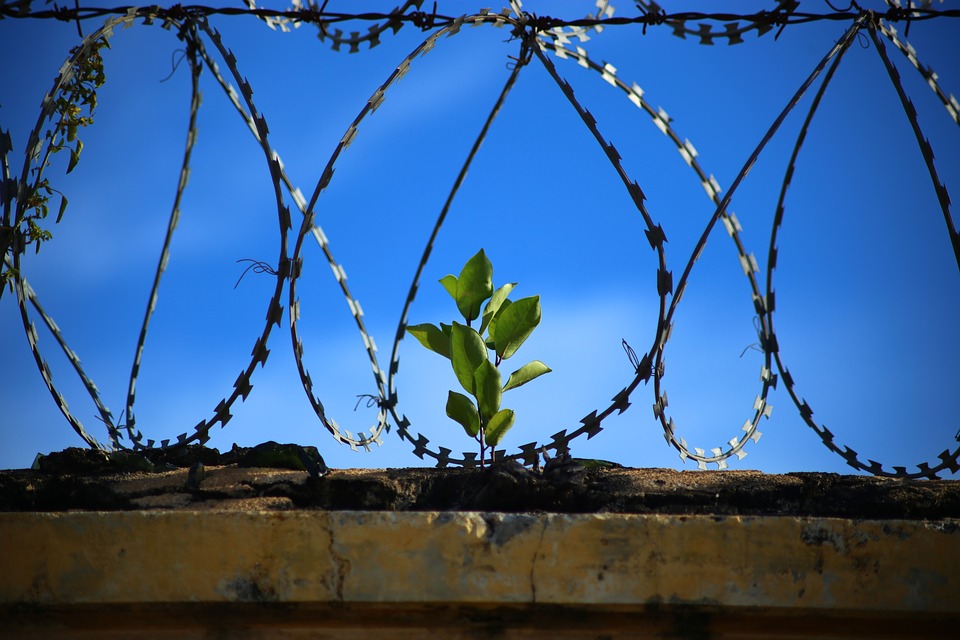My Dad is one of the hardest working people I know. When I was younger, I used to stay up so late playing video games that I would still be awake when my Dad was getting up for work—at 3 a.m. (Sorry Mom and Dad!)
The value of hard work is something my Dad had to learn. As a young man, he got involved with the wrong crowd. Instead of working hard for what he wanted, he turned to a life of crime.
Coming from a broken family in a difficult neighborhood, he didn’t have many positive role models. In a sense, all he knew was a life where crime was necessary for survival. Of course, none of this excuses what he did, and he would be the first to admit that.
Between the ages of 18 and 23, he went to prison and rehab. Fortunately, there was a point—during his fourth month of rehab—when my Dad said enough was enough. He made a commitment to turn his life around.
After rehab, he got a job that didn’t pay much. This was intentional because the owner of the company knew he had a criminal record. The owner’s attitude toward my Dad is still all too common today among employers who are hesitant to invest in people who’ve made bad decisions. But my Dad didn’t let this attitude hold him back.
He took a better job at a construction company and continued to rebuild his life. It was hard for him at first, but he found strength and purpose in setting goals. And getting engaged to my Mom didn’t hurt either! He knew he had a responsibility to her and his future family to stay out of trouble and work his way to a well-paying job. These responsibilities—a steady job and marriage—help serve as a bulwark against recidivism.
My Dad’s experience is the common human experience. We all have goals. We all want to have a purpose and hope for the future. These things make life worth living and provides motivation to do what’s right.
My Dad’s story is proof that people can change. This simple and important lesson should guide every endeavor to fix our broken criminal justice system. And broken isn’t too strong a word. A 2014 U.S. Department of Justice report tracking prisoners released in 29 different states found more than 55 percent of this population were convicted of a new crime within 5 years.
This tragic recidivism rate points to systemic problems throughout our criminal justice system, including the government’s failure to prepare returning citizens for the transition back to their communities.
We have a moral obligation to fix this system. As research demonstrates, we can reduce over incarceration and the community supervision population—people on probation and parole—while improving public safety. We can reduce barriers to work for formerly incarcerated people and eliminate unfair government fines and fees.
These solutions would be transformative and achievable reforms that protect people from the harmful consequences of the state’s approach to fighting crime and protecting the public.
It’s long past time government stops wasting valuable resources on building walls to keep people in and focuses instead on building bridges to help those most in need.
































